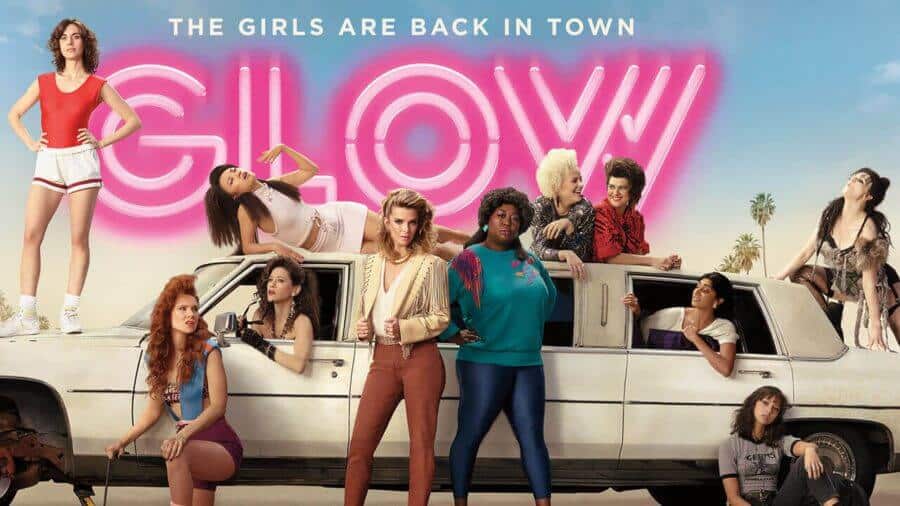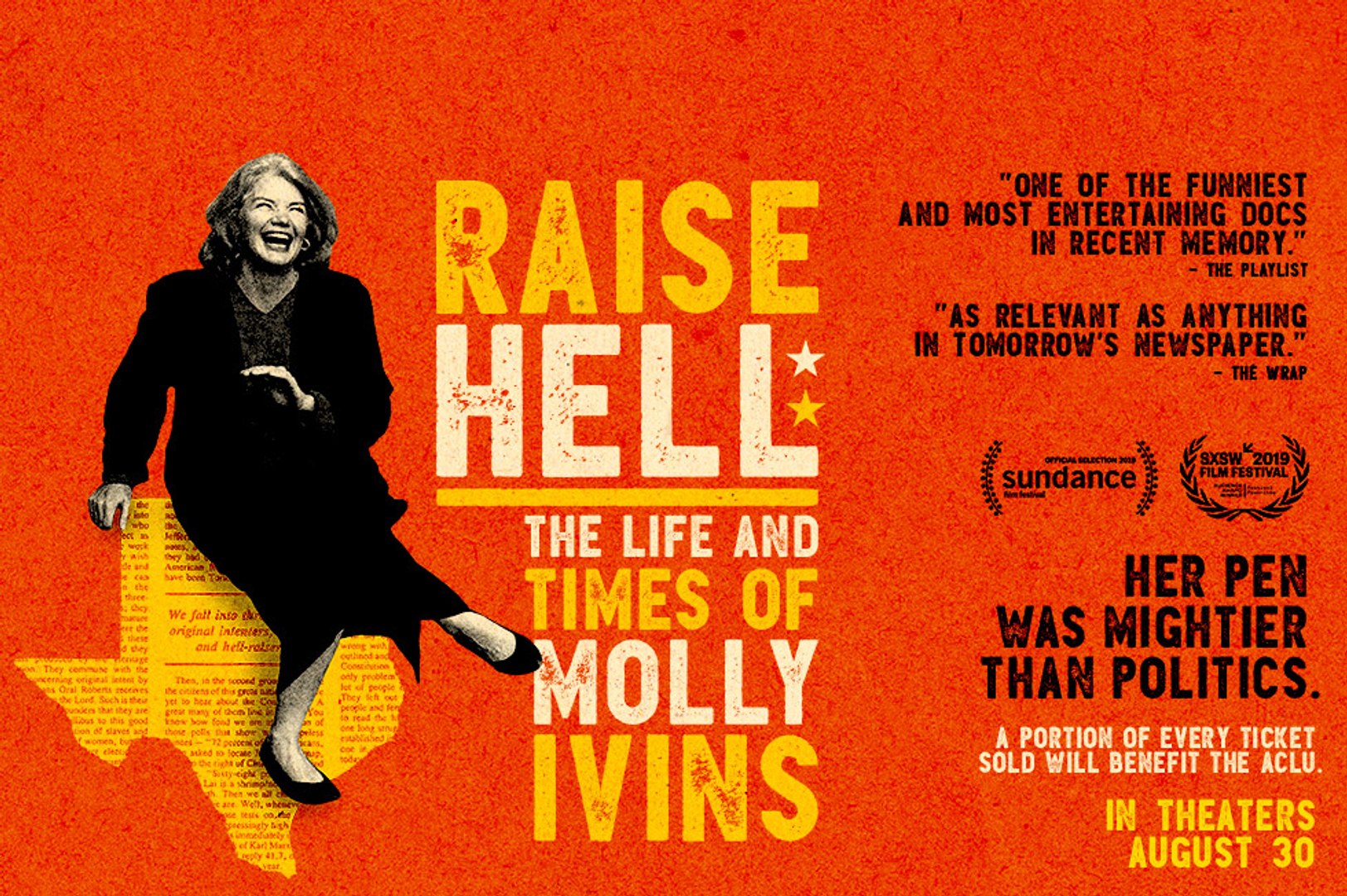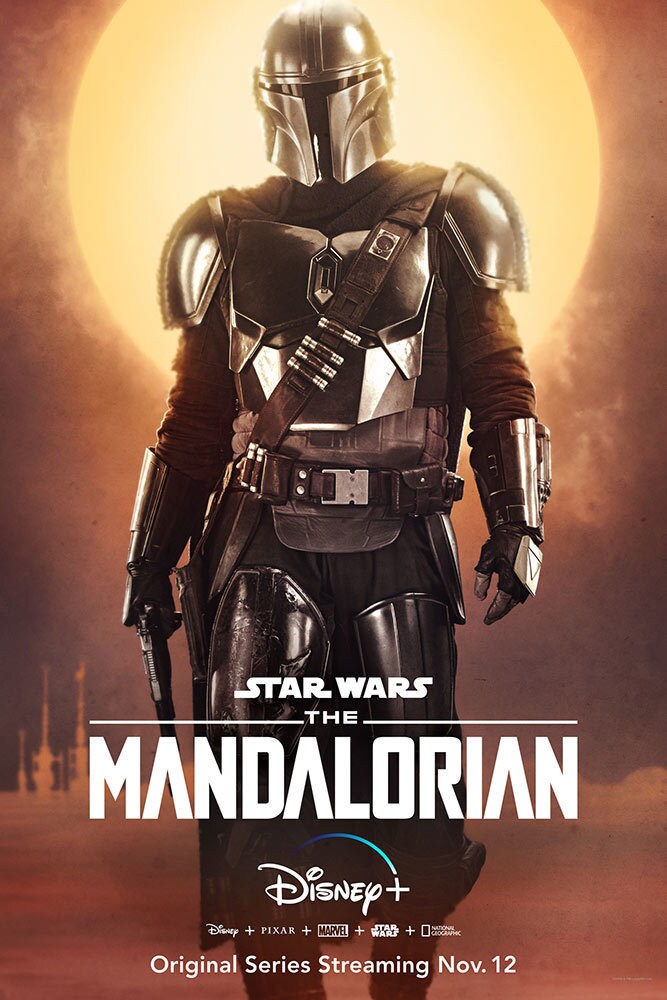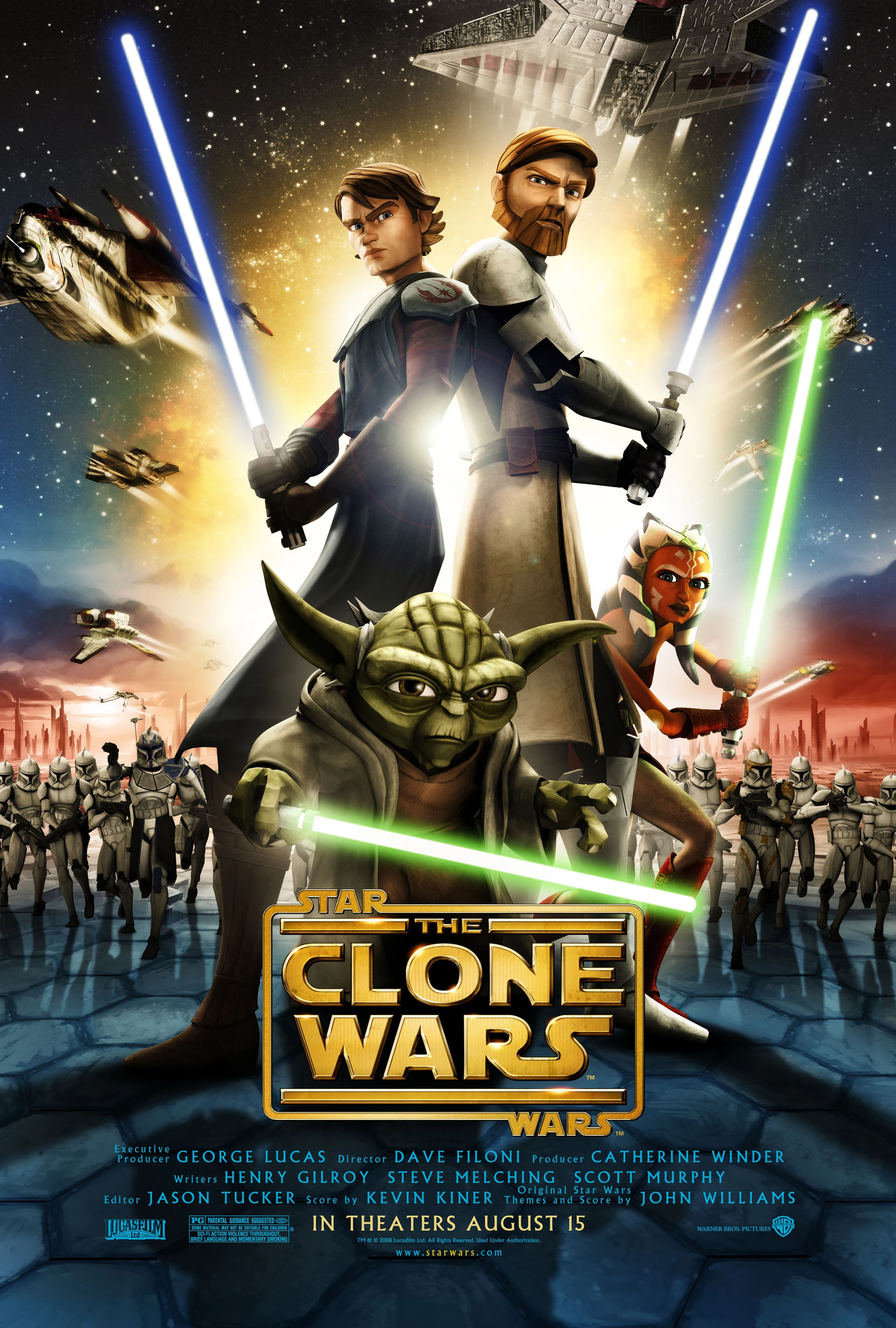 |
| The wild and deranged crew of season 3. A good number of them are done justice, in terms of the spirits of their renditions in the source comic. Others are slight misfires. |
As the fourth season of AMC's Preacher was just kicking off this August, I finally caught up and worked through the third season. Like the two before it, it's been just good enough and shown just enough creativity relative to the source material to keep me watching. It's never been a sure thing, though.
As I've explained in my reviews of season 1 and season 2, my history with Preacher runs pretty deep. The short version is that I was an absolutely rabid fan of the comic book series through the mid- and late-1990s, not only buying and reading each of the 70-plus monthly issues the moment they came out, but even writing fan letters and going to comic book conventions to see and listen to the creator and writer, Garth Ennis. So it's always been impossible for me to come to the TV adaptation with any sort of unbiased views. I must admit, though, that the series, despite some obvious weaknesses, has done a nice job in some surprising areas.
This season is almost exclusively in Louisiana, mostly in the fictional Annville, a family compound where Jesse grew up. In order to save Tulip, who was killed at the end of the previous season, Jesse makes a deal with his grandmother, Marie L'Angelle. "Miss Marie" is a powerful but ultimately evil witch who bargains for and consumes souls of desperate people, using them to prolong her life. While she does resurrect Tulip for Jesse, it comes at a great cost which Jesse wrestles with through the season. All the while, Herr Starr continues to keep his sights on Jesse as the "Messiah" whom he hopes to use to kick off an apocalypse. And the vampire Cassidy is also around, though at odds with Jesse for various reasons, so finds himself in New Orleans and making a rather surprising friend.
While there were no grand improvements for me this season compared to the first two, I did find the plotting to be a bit tighter. Not great, mind you, but a bit more streamlined than the looseness of the previous ones. Keeping things mostly focused on Jesse's place of origin and the bizarre and dangerous characters within it allowed a bit more coherence to the tale, allowing for more impact once Starr and his Grail goons show up towards the end of the season. The acting is as good as ever, and the casting of characters newly introduced to the TV series - primarily Jodie and T.C. - was spot-on. Actually, the T.C. character was a perfect example of what, for me, is a great strength of the TV adaptation. Since the very beginning, it has been very clear than the show-runners would not be doing a totally faithful retelling of Garth Ennis's and Steve Dillon's graphic novel. They have made many changes, omissions, and additions - some minor and some major - which gives the show a feeling quite its own. This is most apparent in the narrative, but it is also evident with characters like T.C., played brilliantly by Colin Cunningham. In the comics, T.C. is merely a nasty little redneck with a propensity for bestiality. In the TV series, though, there is more to him, as twisted as it all is. The result is a far more entertaining character than the comic offered, memorable as he was. While I may not have loved all of the changes, I tip my cap to the creators for trying plenty of different things, rather than simply leaning on the popular source material.
My primary issue with the show still remains, however, and that is the lack of a fully logical mythology. I'm all on board with the horror and the wild flights of fancy that are part-and-parcel to the entire story. Vampires? Cool. God, the Devil, and a Saint of Killers? Count me in. A doomsday shadow organization conspiring to trigger the Apocalypse? Right on. But I still need to see some consistent logic behind what these amazing and fantastic characters can and cannot do. Whether it is Jesse's "Voice of God" powers, Cassidy's vampirism, or the supernatural voo-doo of Miss Marie, the writers seem to play very fast and loose with the parameters put in place. One moment, the Saint of Killers is an unstoppable killing machine; the other, he gets knocked over by a car. One moment, Jodie can literally walk bare-handed into a compound guarded by two dozen armed killers and murder them all, and later he loses a relatively simpler fist-fight to a lone, smaller Jesse. The show is bananas anyway, so these things don't hurt the proceedings all that much, but they are little details that irk me a bit.
Word is that the fourth season - about halfway through airing as I write this - will be the final season, as planned by the creators. It's good to see another solid show have the guts to call it quits in the name of the narrative, rather than drag it out. I may or may not ever go back to watch the entire series again, but as a tremendous fan of the comic series, I feel that the show has done it a fair amount of justice.
 |
| The Gorgeous Ladies bring their act to Vegas. Some handle the temptations well. Others? Not so much. |
This show started off strong two years ago, and it just keeps getting better.
At the end
of season 2, the Gorgeous Ladies Of Wrestling (GLOW), along with producer Bash
and show director Sam, head to Las Vegas. After being cancelled by their
network in Los Angeles, they seek to keep their jobs and the show alive with a
limited engagement of performances at an old-school casino in Sin City.
Season 3 of
GLOW picks up shortly after these events, and we see the gang immerse
themselves in Vegas. The show, while not a massive success, certainly does well
enough to entertain Vegas tourists, and continues to be a decent gig for
everyone involved. Of course, it doesn’t take long before various wrestlers,
Bash, and Sam begin to experience tensions and issues of varying types. Some
are relationship-related, others professional, and others business-related.
As good as
the previous two season were, the third is the best thus far. I suppose that
viewers who are more interested in the pro wrestling aspects of the show will
disagree, as this season focuses far less on what happens in the ring. That was
very much a strength of the show’s first season. That was only ever going to
take this show so far, however, and the writers seem to have realized that very
early on. The personal struggles and drama feel very real in this season, and
we get to dig into several minor characters’ personalities and deeper
motivations. Some of these are tackled with humor, while others are more
dramatic. In nearly every case, the time spent looking past the garish costumed
and into the characters’ inner-workings only adds richness to the series.
There were
several engaging individual character developments in this season, including
Tamme “Welfare Queen” Dawson’s fight against physical injury and Cherry’s break
up with her man Frank. For my part, I was most impressed by the development of
Shiela the She-Wolf, as she tries to expand into doing serious dramatic acting.
From the very first episodes of the show’s first season, Shiela was immediately
the most eccentric and enigmatic character, but this season ensures that she
isn’t relegated to simply “humorous weirdo” status. Far from it. Hers and
others’ stories are given some serious attention, and the show is all the
better for it.
And lest you
think that the show has become far more dramatic, rest assured that there is
still plenty of humor to go around. Perhaps
not as much as the wilder, unpredictable first season, but my wife and I still
had plenty of great laughs throughout the season. All of the actors have
excellent comic timing, and once again comedy veteran Marc Maron stands out.
His character Sam Silvia doesn’t have as much screen time as in previous
seasons, but he makes the most of it.
A fourth and final season has already been confirmed and will release later in 2020, which is great since the show has really hit an
amazing stride.


